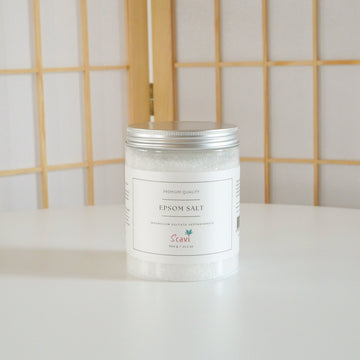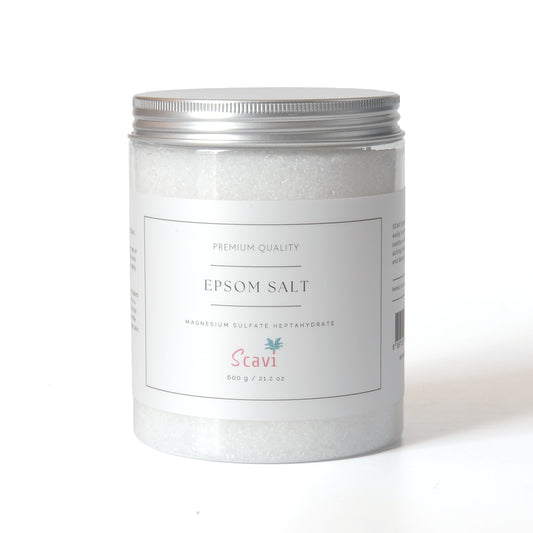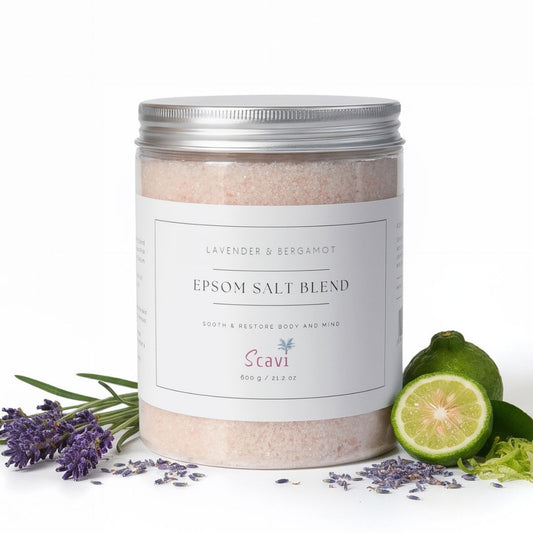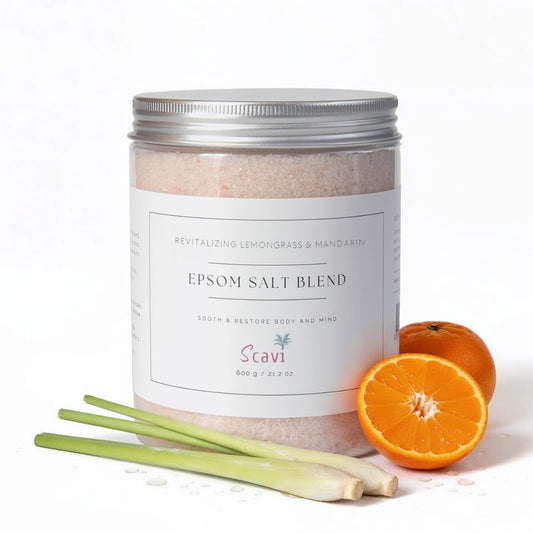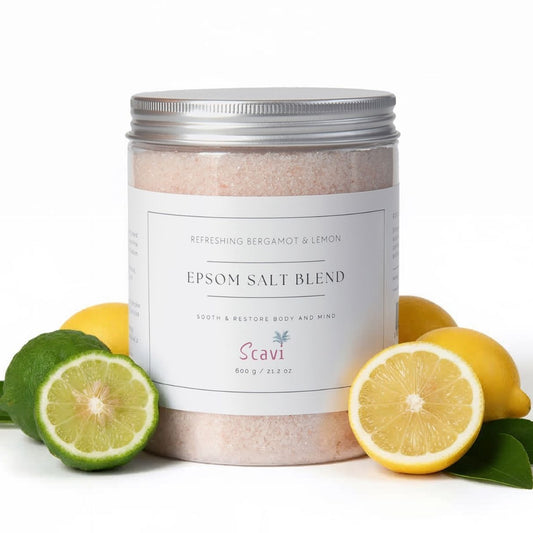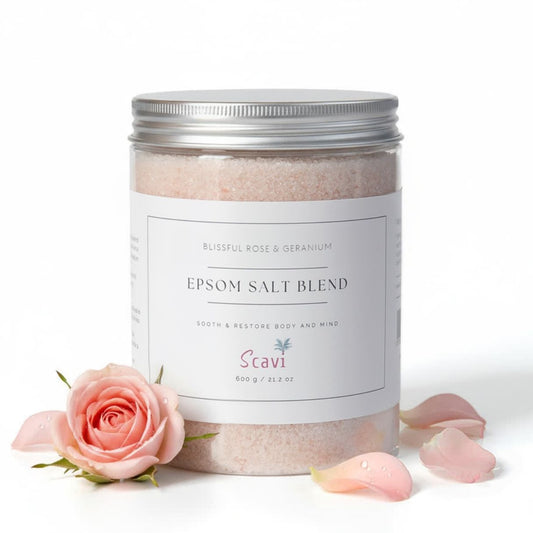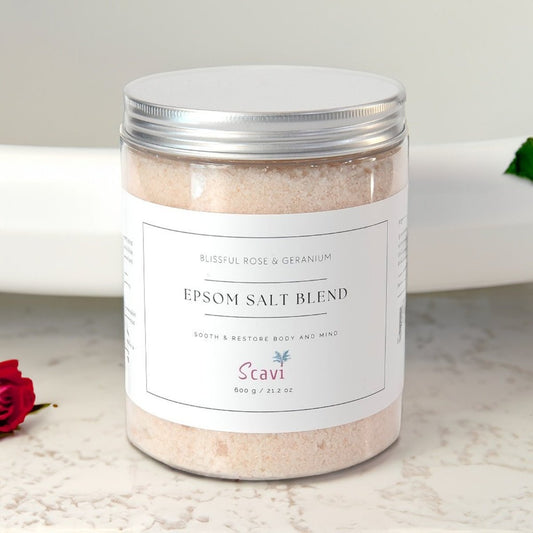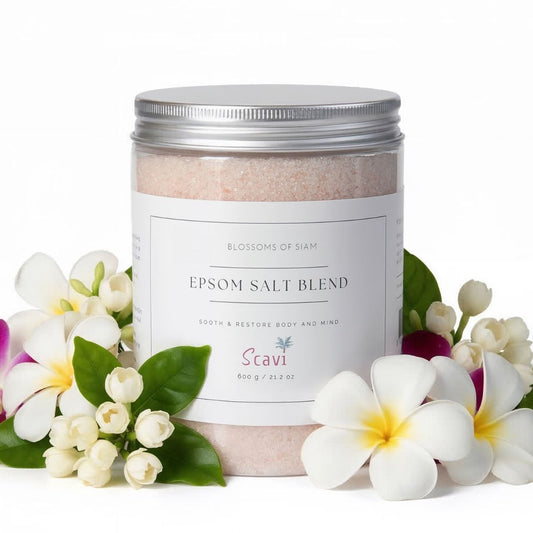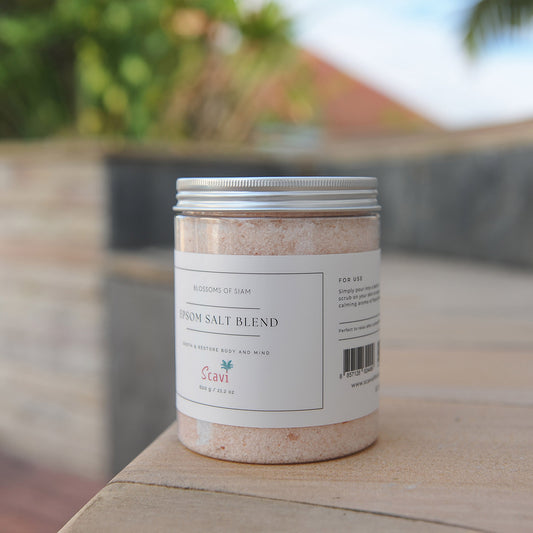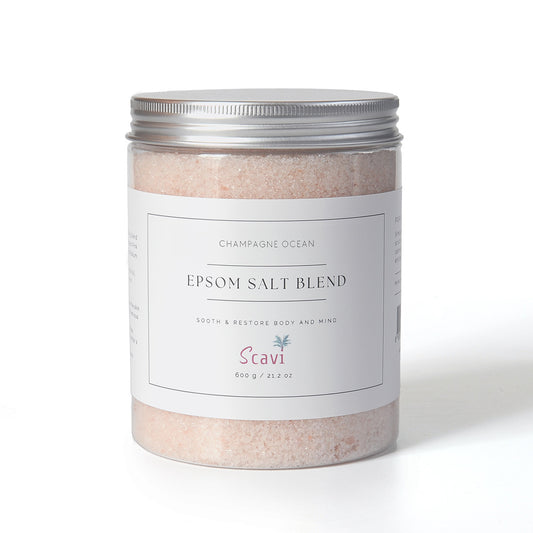Magnesium sulfate, commonly known as Epsom salt, is a versatile compound renowned for its therapeutic properties. This article delves into the unique benefits and uses of magnesium sulfate.
Brief Overview of Magnesium Benefits
Magnesium supports various bodily functions, including energy production, muscle and nerve function, bone health, heart health, and mood regulation. For a detailed exploration of magnesium’s benefits, check out our comprehensive Magnesium Article.
What is Magnesium Sulfate?
Magnesium sulfate is a mineral compound consisting of magnesium, sulfur, and oxygen. It is widely used in bath salts due to its ability to dissolve in water and provide numerous health benefits.
Comparison with Magnesium Oil
While both magnesium sulfate and magnesium oil are used to boost magnesium levels, they have different applications and benefits:
• Magnesium Sulfate (Epsom Salt): Primarily used in baths to soothe muscle aches, reduce inflammation, and improve skin health. It is known for its detoxifying properties and ability to promote relaxation.
• Magnesium Oil (Magnesium Chloride): A water-based solution applied topically for targeted relief and higher absorption rates through the skin.
How to Use Magnesium Sulfate
1. Bath Soak: Dissolve 1-2 cups of Epsom salt in warm bath water and soak for 15-20 minutes. This helps relax muscles, relieve stress, and detoxify the body.
2. Foot Soak: Add half a cup of Epsom salt to a basin of warm water and soak your feet for 20-30 minutes to soothe tired feet and soften skin.
3. Compress: Dissolve Epsom salt in water, soak a cloth in the solution, and apply it to sore muscles or inflamed areas for relief.
Magnesium sulfate is intended for external use only. Its relaxing and therapeutic properties make it a popular choice for bath soaks and compresses, offering a natural way to alleviate muscle soreness and promote overall well-being.




